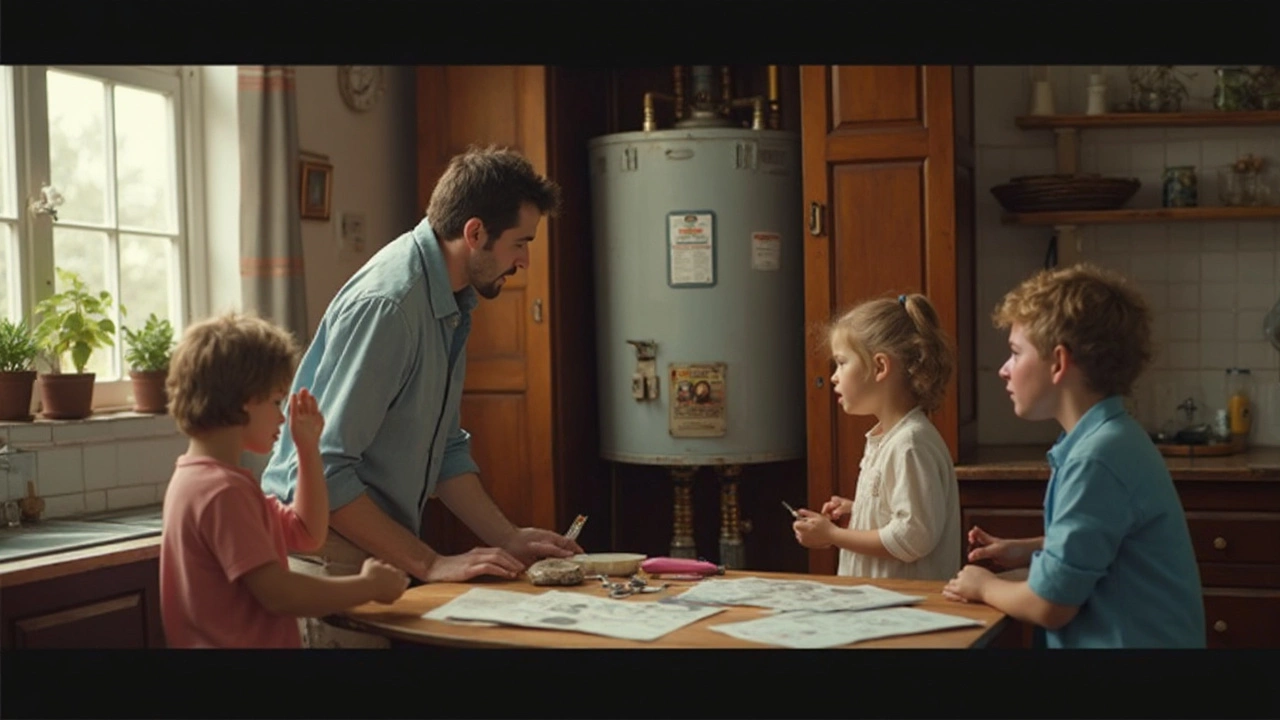Replace or Repair? Simple Steps to Choose the Right Move
When your fridge starts humming louder or the oven won’t heat, the first question is always the same: should I fix it or buy a new one? It’s easy to get stuck in a loop of guessing, but a quick check of a few key factors can clear things up. Below we break down the practical things you should look at before you call Hinckley Home Appliance Repair Services or head to the store.
How to Tell When Repair Makes Sense
Age matters, but not the whole story. If the appliance is under five years old and you have the original warranty or a good service plan, repair is usually the cheaper option. Even for slightly older items, the cost of a single part—like an oven heating element or a fridge compressor—often runs far below the price of a brand‑new model.
Cost of the fix. Ask for a written estimate before any work begins. A good rule of thumb is: if the repair costs more than 50 % of the price of a comparable new unit, it’s time to consider replacing. Most local repair shops, including ours, can give you an honest quote within an hour.
Frequency of breakdowns. If the same part keeps failing, you’re probably looking at a bigger underlying issue. A one‑off fix on a 7‑year‑old washing machine is fine, but a third repair in two years signals it might be cheaper to replace.
Safety concerns. Anything involving gas, high voltage or leaking refrigerant deserves extra caution. A faulty gas oven or a fridge that’s not keeping food safe should be inspected by a professional right away, and often replacement is the safest route.
When It’s Time to Replace
Energy efficiency. New appliances are far more efficient than models from a decade ago. If your old fridge uses over 200 kWh a year, a modern, Energy‑Star rated unit can shave off dozens of pounds on your electricity bill—often paying for itself in a few years.
Technology upgrades. Features like smart controls, self‑cleaning ovens or frost‑free freezers aren’t just nice to have; they can save you time and reduce long‑term maintenance. If your current gear lacks these basics, replacement may add real value.
Space and fit. Sometimes the layout of your kitchen or laundry changes. A bulky old washer might no longer fit, making a slimmer, newer model a better fit for your space.
Finally, weigh the environmental impact. Repairing delays waste, but a wildly inefficient appliance can cost the planet more in energy use. A balanced approach—repair when sensible, replace when the savings outweigh the cost—keeps both your wallet and the Earth happy.
Got a stubborn fridge, a noisy dryer, or a finicky oven? Give Hinckley Home Appliance Repair Services a call. We’ll assess the problem, give you a clear quote, and help you decide whether a fix or a new purchase makes the most sense for you.
22 June 2025
·
0 Comments
Wondering if it makes sense to repair a water heater that's been running for two decades? This article breaks down the real-world cost, safety, and efficiency issues owners of 20-year-old water heaters face. Get straight answers on telltale signs your unit is past its prime, and what to expect from repair versus replacement. Skip the guesswork with practical tips drawn from household experience, including what I’ve learned keeping my family’s water hot. Stop putting off the decision—here’s what you need to know before calling a plumber.
Read more


